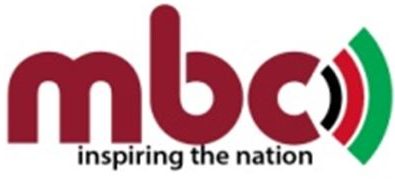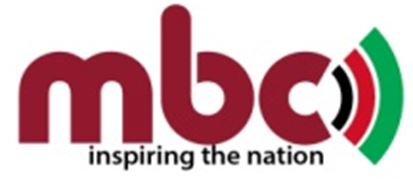By Chrissie Mainjeni, Chiradzulu
Irrigation farmers in Chiradzulu have described the farming system as viable in addressing food insecurity and have since called for support to scale up production.
Violet Mkwezalamba of Mpira Village under Mombezi Extension Planning Area (EPA), cultivates on one-acre piece of land and acknowledges that most irrigation farmers lack financial capacity to extend their acreage and to buy farm inputs that would boost their yield. Therefore, she said a little push from people of goodwill could change the trend.
” I started this system of farming in 2010 after observing that my yields were low due to intermittent rainfall and dry spells. Since then, I have been producing maize and beans enough for consumption and sale, in which the proceeds carter for my children’s school fees and other needs,” she explained.

Mkwezalamba appealed to farmers across the country to consider venturing into irrigation farming and plant early maturing and improved varieties, to address hunger challenges and improve their financial status.
She, however, cited pests like fore armyworms and diseases as setbacks to the work.
In an interview, Irrigation Engineer at Chiradzulu Agriculture Office, Julia Nyembezi Qoto, said irrigation farming is on the right track as currently, they have already developed 694 hectares, 500 of which are being utilised. A total of 4,500 hectares are earmarked for development in future, she added.
“Every farming season we develop a land for irrigation, an indication that most farmers are now shifting their focus. Most crops that are grown are maize, tomatoes, cow peas, onions and carrots among others,” she said.

Qoto added that as an office, they will continue providing technical expertise to partners who want to develop, construct or rehabilitate irrigation structures. She cited a 10-hectare gravity-solar powered irrigation system, constructed by World Vision in the area of Senior Chief Mpama, as an example of such partnerships.
Despite facing challenges like floods, drought and vandalism, Qoto observed that irrigation farming is key to achieving food security.
Chiradzulu has 19, 751 irrigation farmers, some of which use schemes. Others use watering canes while the rest depend on residual moisture. In 2024/2025 farming season, the district produced 2174 metric tonnes of maize while in the 2023/2024 season, 1987 metric tonnes were produced.
Tamani Nkhono Mvula, an Agriculture expert, said going forward, Malawi should consider irrigation farming as the major form of production because it has proven to be reliable than rain-fed.

He added that for this to be achievable, Government needs to invest more in irrigation infrastructures that would enable more smallholder farmers access easily.
“Irrigation infrastructures are expensive, therefore, Government needs to help farmers. There is also need to inform farmers of AGCOM and NEEF Programmes so that they can organize themselves and apply for loans. Again, farmers must start embracing modern farming technologies to end hunger issues,” he said.
Meanwhile, National Economic Empowerment Fund (NEEF) has set aside K200 billion in loans targeting 200,000 irrigation farmers, to boost food production in the 2025/2026 farming season.



